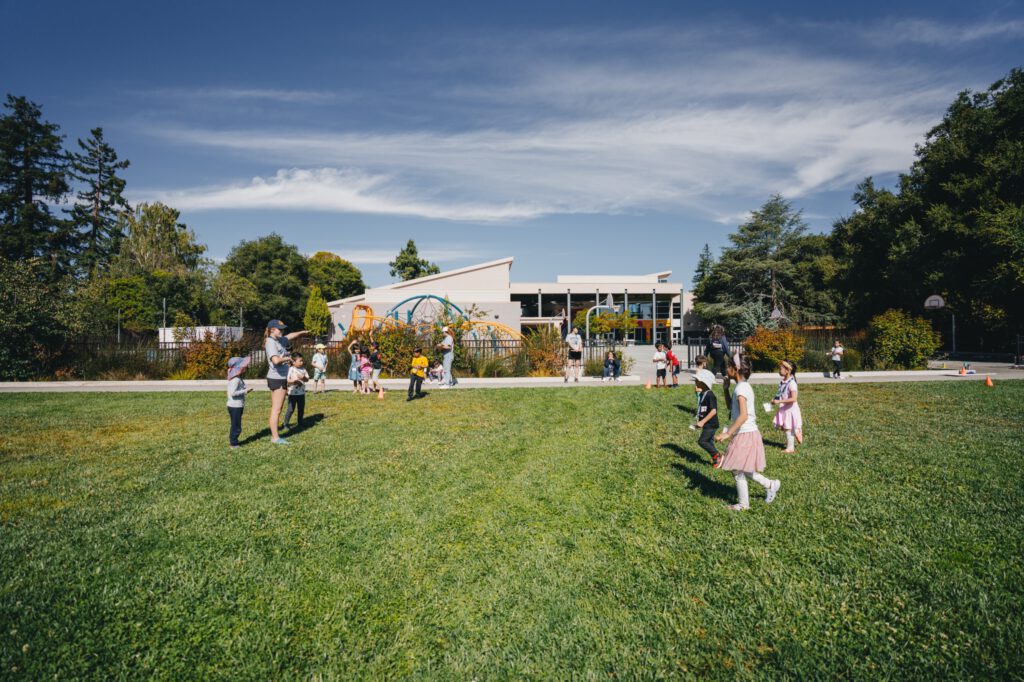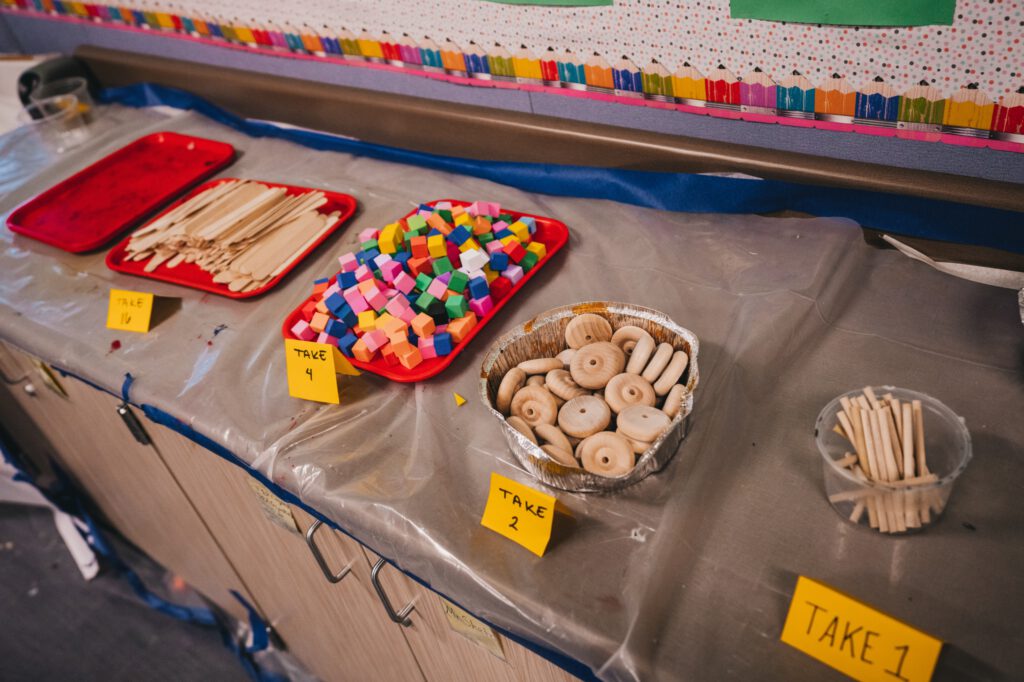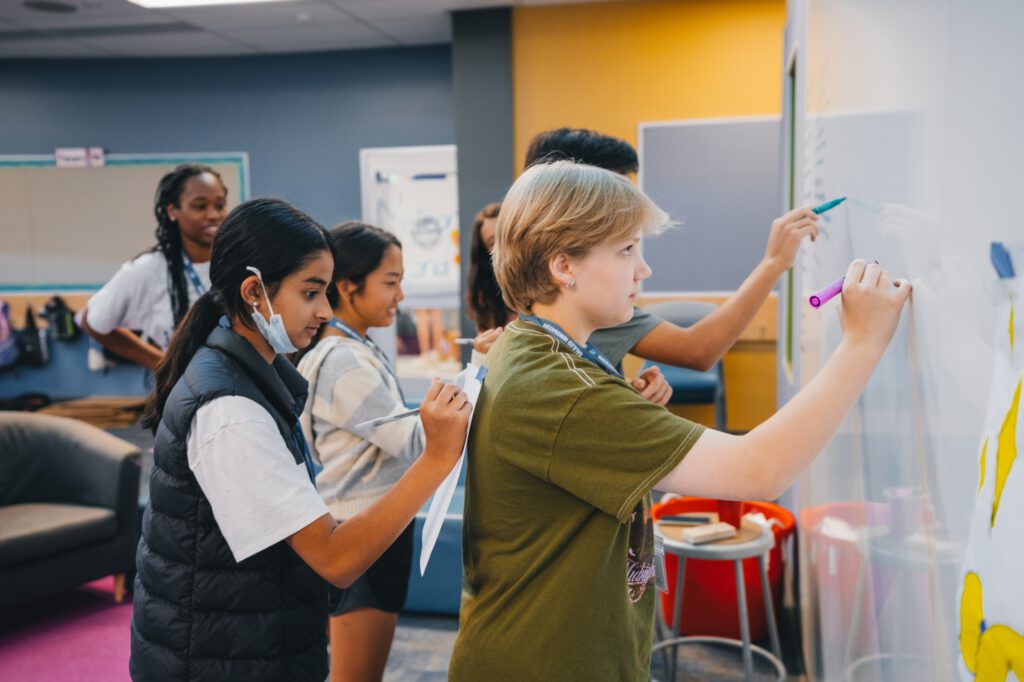Summer can present some unique challenges to kids who are usually guided by a behavior plan during the school year. If their school plan is well established and working effectively, they may feel lost when that structure changes during the summer, and if the plan is still in the early stages of implementation, kids may think they have a summertime reprieve. In either case, establishing a plan for the summer will help you and your kids navigate the increased freedom and environmental changes that summer vacation brings. Negotiating a summer camp behavior plan is a proactive way to ensure a positive experience for everyone when camp is part of your summer schedule.
The Benefits of a Day Camp
Since an overnight camp may present more inherent hurdles, a summer day camp may be just the right fit for a kid who has unique behavioral requirements. Attending a summer day camp, in some respects, parallels the typical school day. The structure of camp includes:
- A predetermined schedule throughout the day
- Supervision by trained adults, with a higher staff-to-camper ratio than is typically found in classrooms during the school year.
- A wide variety of activities to keep kids busy and engaged all day long
- The opportunity for campers and parents to come together after camp each day and process challenges, successes, and any feelings that may have come up during camp
In fact, summer day camps don’t just present certain benefits that overnight camps do not, they also offer advantages beyond what the traditional classroom provides. For example, camps tend to organize kids in small groups or teams with a lower camper to staff ratio. This can be advantageous to a camper who requires extra help modulating responses or making appropriate choices.
Finding the Right Camp
Since development is a continuum, there is tremendous variability in kids’ social-emotional growth. Look for a camp that prioritizes kids’ physical and emotional well-being. A camp that emphasizes social-emotional development will be best suited for kids with unique behavioral needs. This includes a focus on cooperative skills, such as communication techniques and self-regulation skills. Helping kids adopt a positive mindset is beneficial on multiple levels and can go a long way toward aiding the development of patience and reciprocal respect that are involved in activities like taking turns and sharing equipment.
Finding a camp whose theme or focus your kid can get excited about is an important first step. Selecting a camp that matches their interests can be very motivating. Once your family has chosen a camp that you both agree on, reach out to the customer service staff at the camp. If your child is guided by a behavior plan at school, you will want to get them on board in advance. If the staff displays hesitation about collaborating with you to craft a behavior plan, it may not be the best camp destination for your family. A camp that is willing to work out a plan with you has likely done so with others and will be experienced at not only help creating, but also implementing, a summer camp behavior plan.
Assembling the Team
With the camp staff on board, it’s time to come to an agreement on behavioral expectations. This conversation should include you, your camper and the camp personnel designated to help ensure a successful outcome. Bringing these three constituents together is key to developing a plan that all can get behind. Though you won’t be present during the camp day, you will still be integral to preparing and supporting the plan. As the people most familiar with your kid’s behavioral needs, you will be key to identifying behaviors to target with the plan. You will also be essential to reinforcing the terms of the plan throughout the course of camp.
A great camp employs passionate Camp Directors and Operation Coordinators who are proactive about communication, and will be consistently in touch with parents throughout the week as needed. This partnership between camp staff and parents ensures that kids get the support they need to have an amazing week of camp.
Key Components of a Summer Camp Behavior Plan
A good behavior plan is proactive because by anticipating behavioral challenges, potential difficulties can be prevented. The plan should include positive consequences for successful navigation of the expectations, and progressively more corrective consequences should the behavior escalate or repeat. Some important considerations include:
- The behavior plan must be written in language appropriate to the camper’s age and understanding.
- Expected behaviors should be framed in a positive—not negative—way, and statements should be written from the camper’s point of view. For example, “I will tell my counselor if I’m getting really frustrated.”
- A limited number of behaviors should be targeted, perhaps three that compromise safety or cause disruption.
A staff person should be assigned as the camper’s mentor/advocate. This person will get to know the camper and establish trust. He or she will be the camper’s champion, helping to motivate them if times get tough. They will also be responsible for keeping in contact with parents.
Setting Kids Up For Success
A summer day camp that has kids’ social-emotional well-being at its foundation is a great fit for a kid with behavioral challenges. A program with a strong curriculum that keeps kids actively involved from the beginning of the day to the end will have less leeway for boredom or distraction. The camp will have well-defined expectations and well-trained staff members who are adept at modeling appropriate behavior for all campers. They will also be quick to anticipate when a camper needs redirection or intervention. By finding an extraordinarily motivating program and being proactive with a summer camp behavior plan, you can be confident that summer camp will be a growth experience for your kids.
Check out the engaging and supportive Galileo Camps in your area: San Francisco, Southern California, and Chicagoland. Sign up for our mailing list to keep up-to-date on our camp happenings and innovation resources. Or, for more information about Galileo camps, contact us here.




